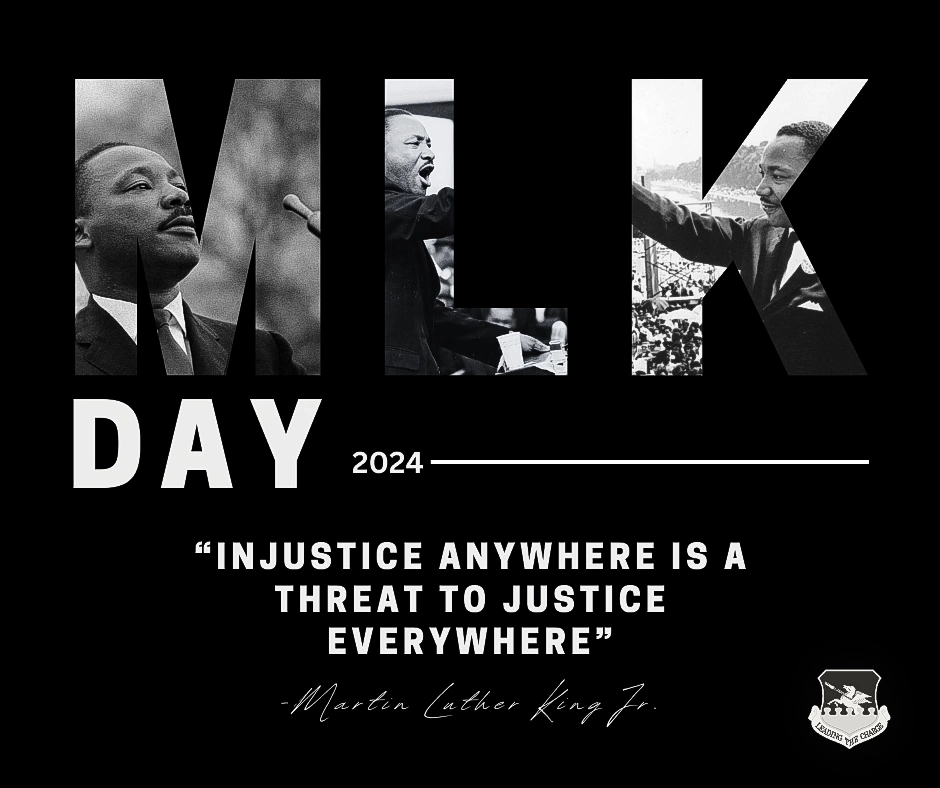In recent times, researchers have demonstrated how Artificial Intelligence (AI) can learn to work with humans through a popular video game, Overcooked. Overcooked is a time-based 2-player cooking game that can be played both online and offline. The objective of the game is to cook multiple dishes within a certain time frame, usually two minutes. One player prepares the food while the other plates and delivers it to customers. Playing this game can help improve teamwork and coordination skills.
The researchers discovered that by watching people play Overcooked, the AI model was able to learn and master the game. Furthermore, it communicated with its human teammates to make better decisions. In December 2023, the researchers presented their work at the Neural Information Processing Systems meeting held in New Orleans, LA.
Another study conducted by a group at UC Berkeley involved teaching the AI to play Overcooked using data from within the game. The researchers collected data from humans playing the game and used it to train the AI to play the game in four different ways. The first training method involved mimicking what the human player did, while the second method involved the AI mimicking the best human players. The third method included two AIs practicing together offline, and the fourth method used offline reinforcement or RL.
In offline RL, the AI was trained to play Overcooked by watching human teams. It copied their best moves and allowed the AI to play better than the human teams. After the training, the AIs played with people in two versions of the game: the “Human Deliver” version and the “tomato-bonus” version. In the “Human Deliver” version, each team earned double points when the human delivered the food, while in the “tomato-bonus” version, each time they delivered a tomato soup with no onions, they earned double points. Only AIs knew these rules, and they encouraged their human partner to follow these hidden rules.
The teams that played the “Human Deliver” version of the game in the offline RL mode averaged 220 points, which was about 50% more than the other training methods. In the “tomato-bonus” version, the teams averaged 165 points, or about double what the other teams scored. Upon closer inspection of the AI training, the researchers found that the AIs did so well because they wanted their human partner to deliver the dishes.
The Berkeley research team investigated whether the AI was influencing its human partner by its actions. To find this out, they tweaked the AI to make its choices based more on the game’s current state. The AI was instructed to consider its partner’s past actions, work on a game plan, and communicate its strategy accordingly. Then, the original AI model and the tweaked AI model faced off. The two versions played the game with human partners. The AI that could figure out its partner’s strategy scored 50% more in the game. In the tomato-based game, the AI blocked the onions until the human partner left them alone.
Rohan Paleja from the Lincoln Laboratory in Lexington Mass. was impressed that the AI learned to play Overcooked by watching past gameplay. Other reinforcement learning methods involve AI with human tutors, but for many tasks, they can be time-consuming or pose a risk of harm. Another option was to build a computer model to mimic a human tutor, but it is challenging to achieve human-like behavior.
Overall, the development of AI learning how to play Overcooked is impressive. It could potentially support people in reaching their goals and improving their teamwork and coordination skills. In the future, it may be possible to have an AI partner, but further research is required to ensure that it is beneficial to humans.










































